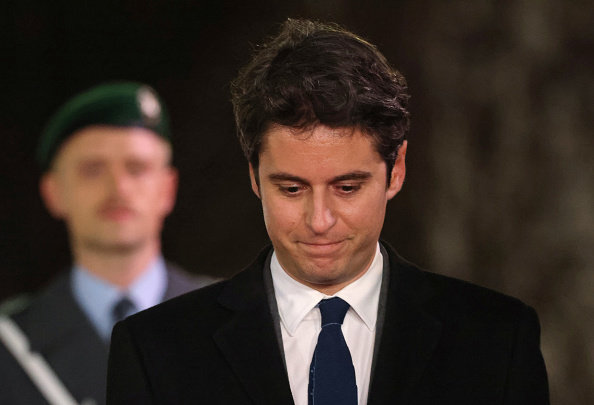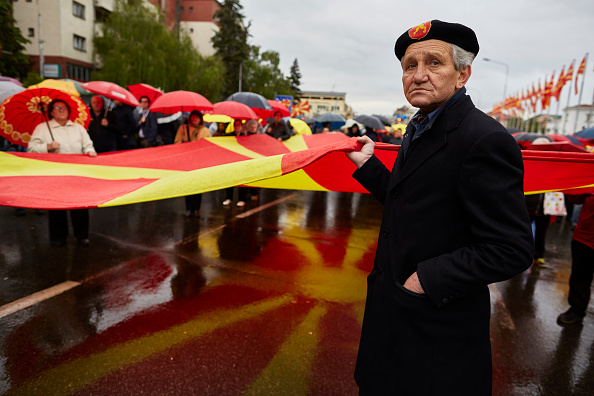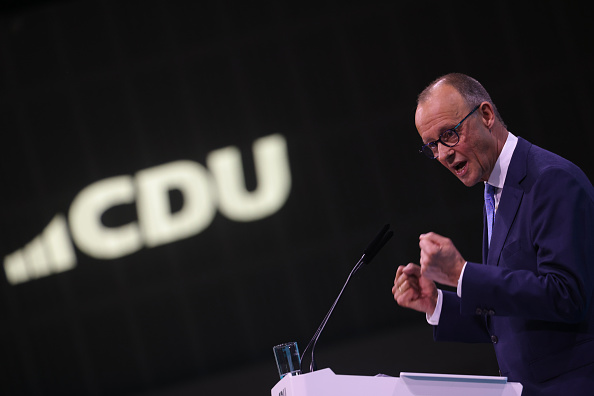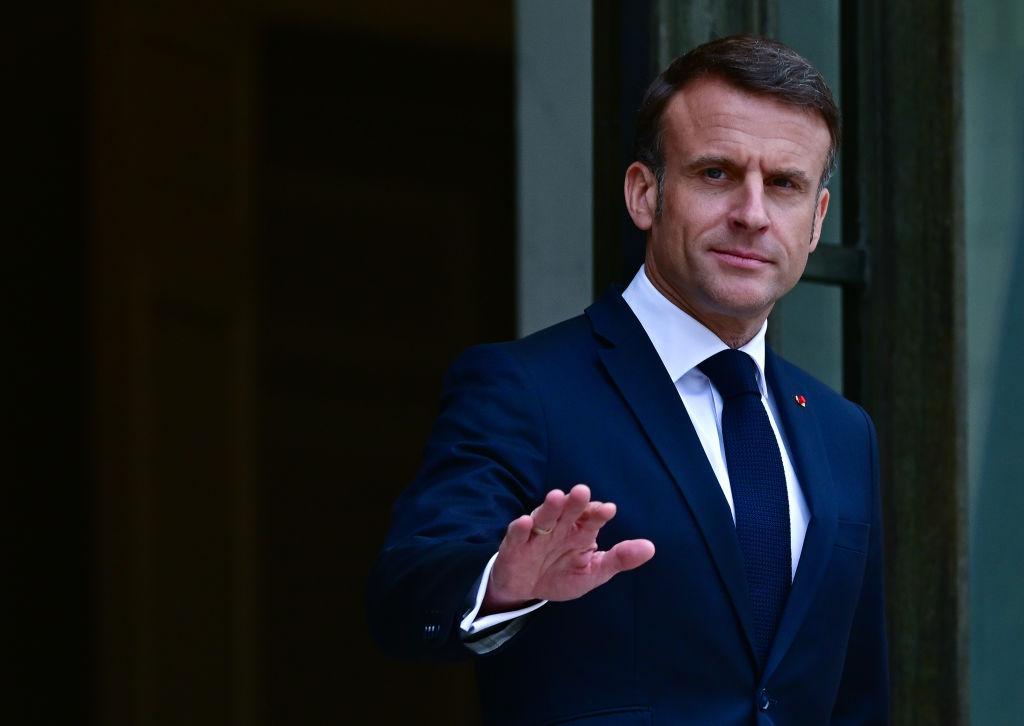Croatia’s Prime Minister Andrej Plenković has agreed to form a post-elections coalition with the Eurosceptic Homeland Movement party, which he said would give him a “new and stable” majority in the country’s Parliament.
In a possible sign of things to come following June’s European Parliament elections, leading figures in the European Commission have portrayed this new collaboration as political business as usual.
“They are not a far-right party, they are a very moderate-right party”, EC Vice-President Dubravka Šuica said in response to Ivan Penava’s Homeland joining the Government.
Homeland aims soon to sign up with the EP’s Eurosceptic Identity and Democracy (ID) bloc.
Plenković is strongly pro-EU and his centre-right Croatian Democratic Union (HDZ) belongs to the European People’s Party (EPP) of European Commission President Ursula von der Leyen.
Penava’s party will provide cabinet members to lead the Croatian agriculture ministry, part of the economy ministry (which will now be split in half) and a newly created ministry of demography – whose head will also be Deputy PM.
Homeland, with 14 seats, emerged as a kingmaker during three weeks of government-formation talks after the HDZ saw its number of seats shrink to 61 in April 17 elections.
Plenković also said he expected to retain the support of MPs representing national minorities who supported him during his last government.
If he retained their support, he would reach the necessary 76 votes in the country’s Sabor or Parliament.
Despite Plenković’s pro-EU tilt, he has held some opinions – particularly regarding Bosnia – that may have made his co-operation with Homeland an easier pill to swallow, some commentators argued.
Critics wondered exactly what concessions Plenković may need to make to the Homeland Movement, a party that once split from his own for HDZ being too soft on social issues and foreign policy.
The European Federation of Journalists said on May 10 it was “very concerned” about reports that Homeland’s support for the coalition was conditional on the State halting funding for Novosti, a Serbian-minority newsweekly.
Croatia now joins Italy and Finland on a list of EU Member States where EPP member parties have formed coalitions with those belonging to the ECR or ID blocs or, in Homeland’s case, sought to join them.
In Finland, Prime Minister Petteri Orpo’s National Coalition (NCP) has governed since June 2023 in coalition with the Eurosceptic, anti-immigration Finns Party, an ECR member, as well as the minority-language Swedish People’s Party and the Christian Democrats.
In Italy, Prime Minister Giorgia Meloni’s Fratelli d’Italia (an ECR member) has governed since October 2022 with Lega (an ID member) and Forza Italia, which belongs to the EPP.
Von der Leyen said in February that the EPP would have three tests for co-operating with potential partners after June’s EP elections: supporting Ukraine, being pro-EU and upholding the rule of law.
Plenković hosted her in Split on May 10, praising the EC chief for “always supporting Croatia in achieving its strategic goals”. Von der Leyen, in turn, lauded “the amazing Croatian success story … of HDZ and EPP”.
All the same, as a thrice-elected EPP head of Government from the newest EU Member State, Plenković has not exactly rushed to discourage speculation that – in the jostling after June’s EP elections – his name might be whispered in the backrooms in connection with a senior EU job also.





